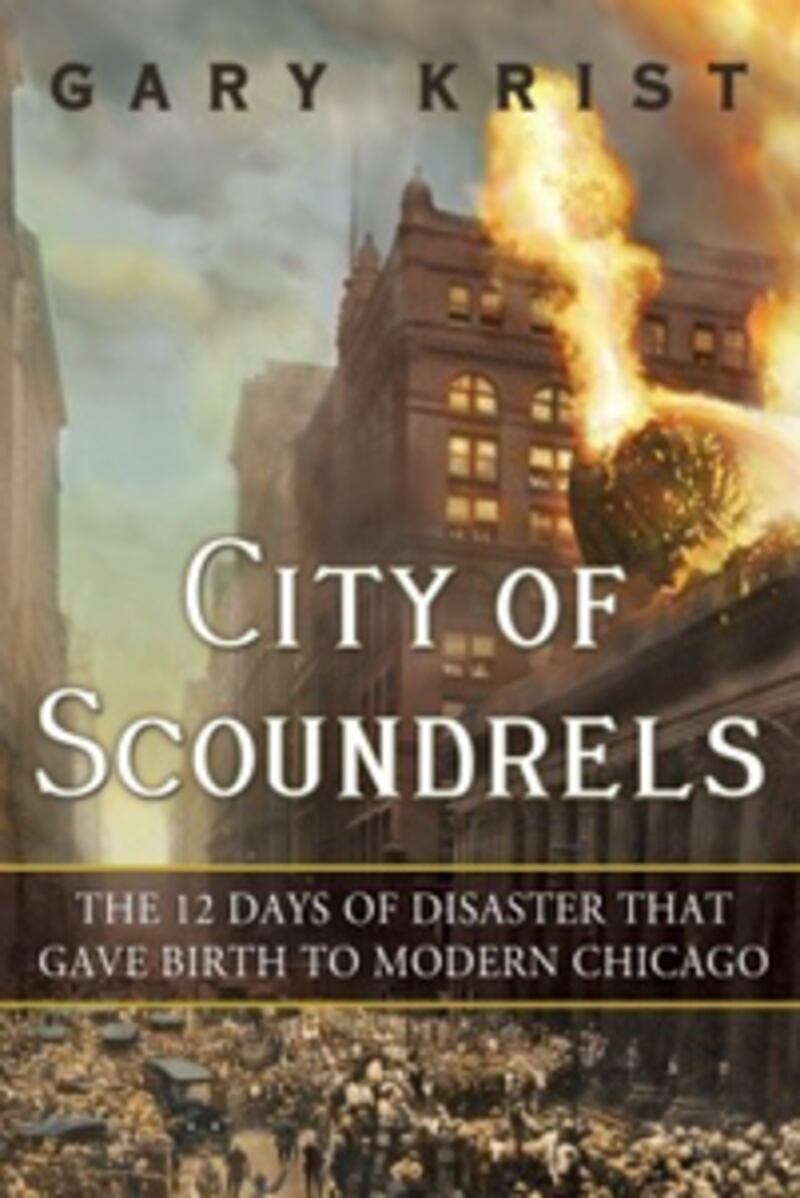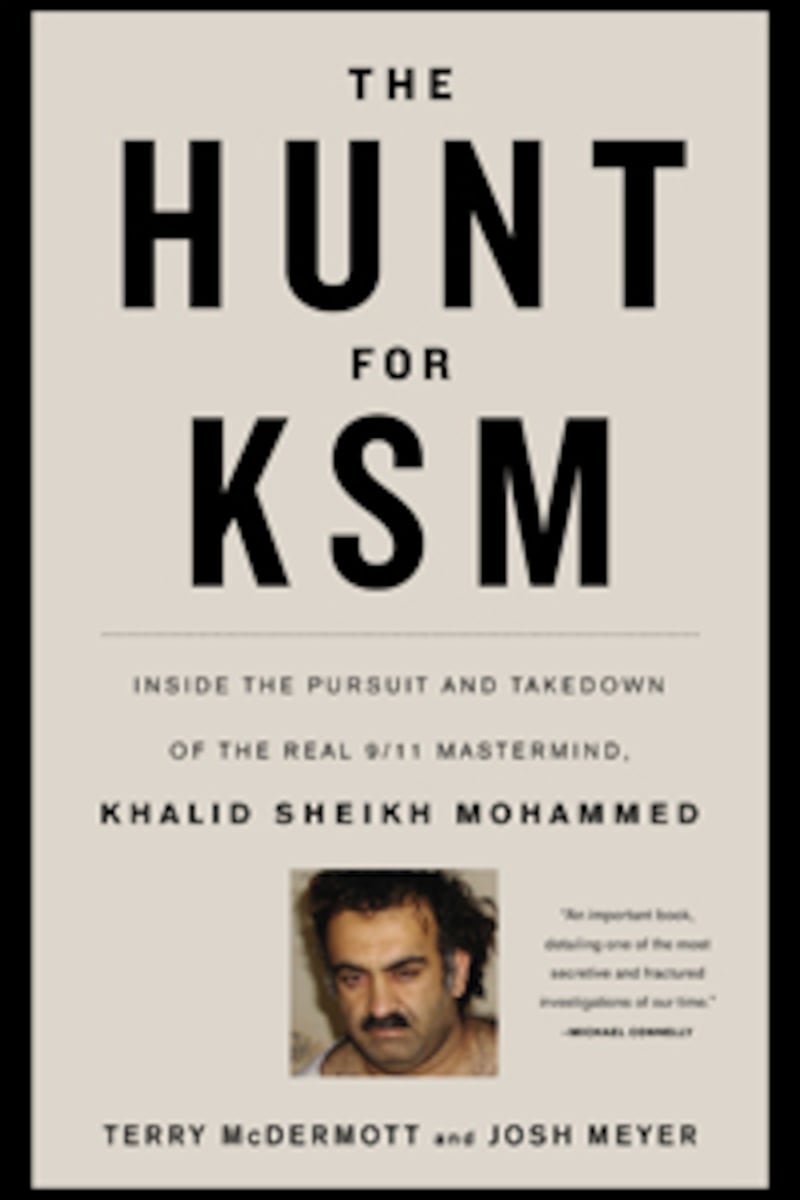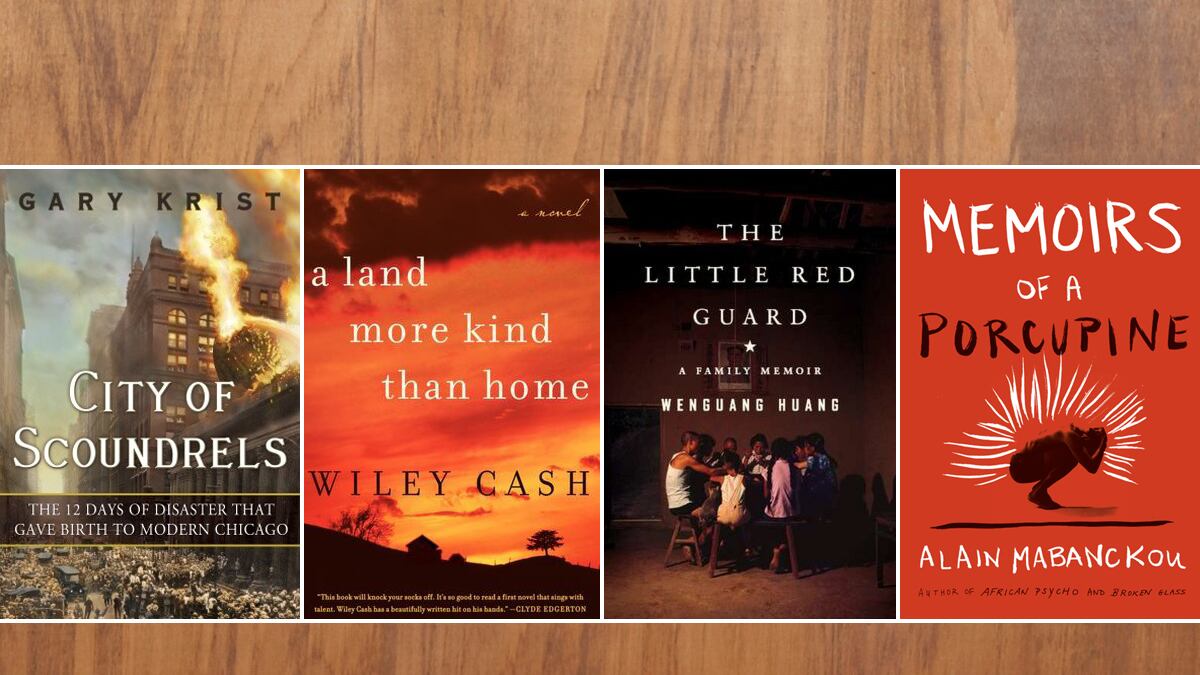A Land More Kind Than Home By Wiley Cash Structured as a triptych, Cash’s debut about a town gripped by a menacing preacher has the timeless qualities of the Old Testament.

Nostalgia gets a bad rap, yet we all look back. Adelaide Lyle, one of three narrators of the novel (the three alternate telling the story through their eyes), sees the western North Carolina town of Marshall “for what it was, not what it was right at that moment in the hot sunlight ... Back before Carson Chambliss came and took down the advertisements and yanked out the old hitching posts and put up that now-yellow newspaper in the front windows to keep folks from looking in.” Chambliss is a preacher who encourages snake-handling and poison-drinking in his services, a feared man not unlike Judge Holden in Blood Meridian. Another narrator, 8-year-old Jesse Hall, has a curiosity about what exactly goes on at a Chambliss service that connects him to Adam and Eve, with all its implications about knowledge and expulsion. Lyle, the town’s midwife, fulfills the equally biblical role of protector of children. Revenge, the most Old Testament of themes, closes this very good book, as Sheriff Clem Barefield investigates the death of a mute boy, and his own childhood past recalls Jesse’s voice and brings the timeless—not nostalgic—tale full circle.
Memoirs of a Porcupineby Alain MabanckouA charmingly tragic short novel uses allegory to pair a porcupine with a Congolese boy, and asks us to understand both.

If its spikes were replaced by fuzzy fur, a porcupine might be the cutest member of the animal kingdom. Actually, the fact that it cowers under a phalanx makes it infinitely more pitying. Its DNA evolved to make impossible any touch, doing away with any intimacy, just so it wouldn’t get hurt. It might commit all kinds of aggressive acts simply to protect itself, or because it doesn’t know any better. Mabanckou pairs the porcupine with a Congolese boy, who attacks and kills neighbors and strangers with little provocation. One day, the porcupine has had enough, and turns to writing a memoir. (The image of the round little creature sitting at a desk churning out a literary confession is preciously hilarious.) But Mabanckou’s apocalyptic novella is more than a typical attempt at magical realism and African tribalism. If we can find the heart to understand a porcupine, why can’t we try to sympathize with the plight of African children? Forget Kony 2012. Read this book.
The Little Red Guard By Wenguang Huang
There is no overstating the profound effect of the Cultural Revolution on the lives of every single Chinese, and the Huang family’s struggles to bury their grandma is a heartrending example.

The walls of language keep so many away from penetrating a continent like Africa, but perhaps, even more so, the vast strangeness of China, which to this day still baffles. Take, for instance, the Cultural Revolution. What a historical immensity! Let me be clear that there is no overstating the profound effect that it had on every single Chinese life. It began in 1973 for 8-year-old Huang, when his grandmother made her family promise to not cremate her. But many traditional Chinese customs were banned, including burials. The story of how Huang’s family honored this pledge is a perfect, moving symbol of the struggles of living through that period, and witnessing the passage of time. “Father couldn’t figure out how I could help modernize China by studying Shakespeare,” Huang wrote. If only Dad could see the results.
City of Scoundrels by Gary Krist Subtitled ‘The 12 Days of Disaster That Gave Birth to Modern Chicago,’ this hour-by-hour account of events, including the race riots of a hot 1919 summer, makes you exclaim, ‘Why didn’t I think of this?’

Strange that it is Chicago, not New York, that so often and more easily symbolizes all that is good and bad with American modernization. Something about that city’s boldness and unscrupulous nature binds it to exceptionalism and tragedy. Following in the “Why didn’t I think of this?” nature of The Devil in the White City, Krist’s account of 12 days in the hot summer of 1919 (although part one in fact covers Jan. 1 to July 21) begins with a spectacular public-airship disaster, goes on to chronicle a sensational child murder, then spirals into the frenzy of a disastrous race riot. “City of Scoundrels is a work of nonfiction, adhering strictly to the historical record and incorporating no invented dialogue or other undocumented re-creations,” the author’s note states. I only wish that the author said the hell with strictly adhering to anything—the book’s concept so brims with promise that Krist’s prose (just a tad flat) and rhythm (every paragraph is just about the same length) ought to be fat with life. There’s enough here for both Doctorow and Wolfe.
The Hunt for KSM By Terry McDermott and Josh Meyer Two dogged reporters show a bumbling American intelligence community unable to work together in the at times incompetent hunt for 9/11 mastermind Khalid Sheik Mohammed.

“The U.S. military response to the attacks was launched on October 7, 2001. It was swift and devastating.” So begins the chapter entitled “KSM Ascendant.” The irony wears thick. The world focused on the massive war both global and public. Behind all that was the secret and at times very local hunt for the terrorist mastermind of 9/11, which was anything but swift or devastating. McDermott and Meyer, former reporters for the Los Angeles Times, show a bumbling American intelligence community unable to work together. There were flashes of brilliance, and KSM was, as we all know, ultimately caught, but the trial to cauterize the wound is still pending. Will we learn from our mistakes?






